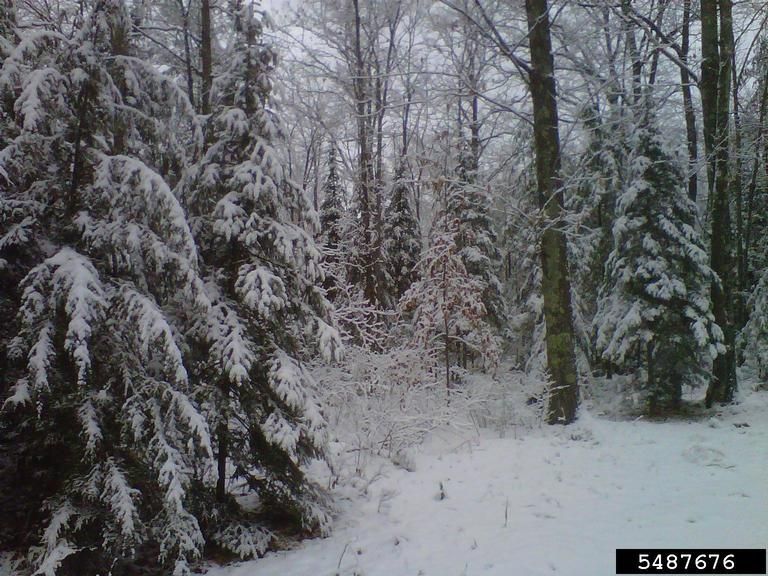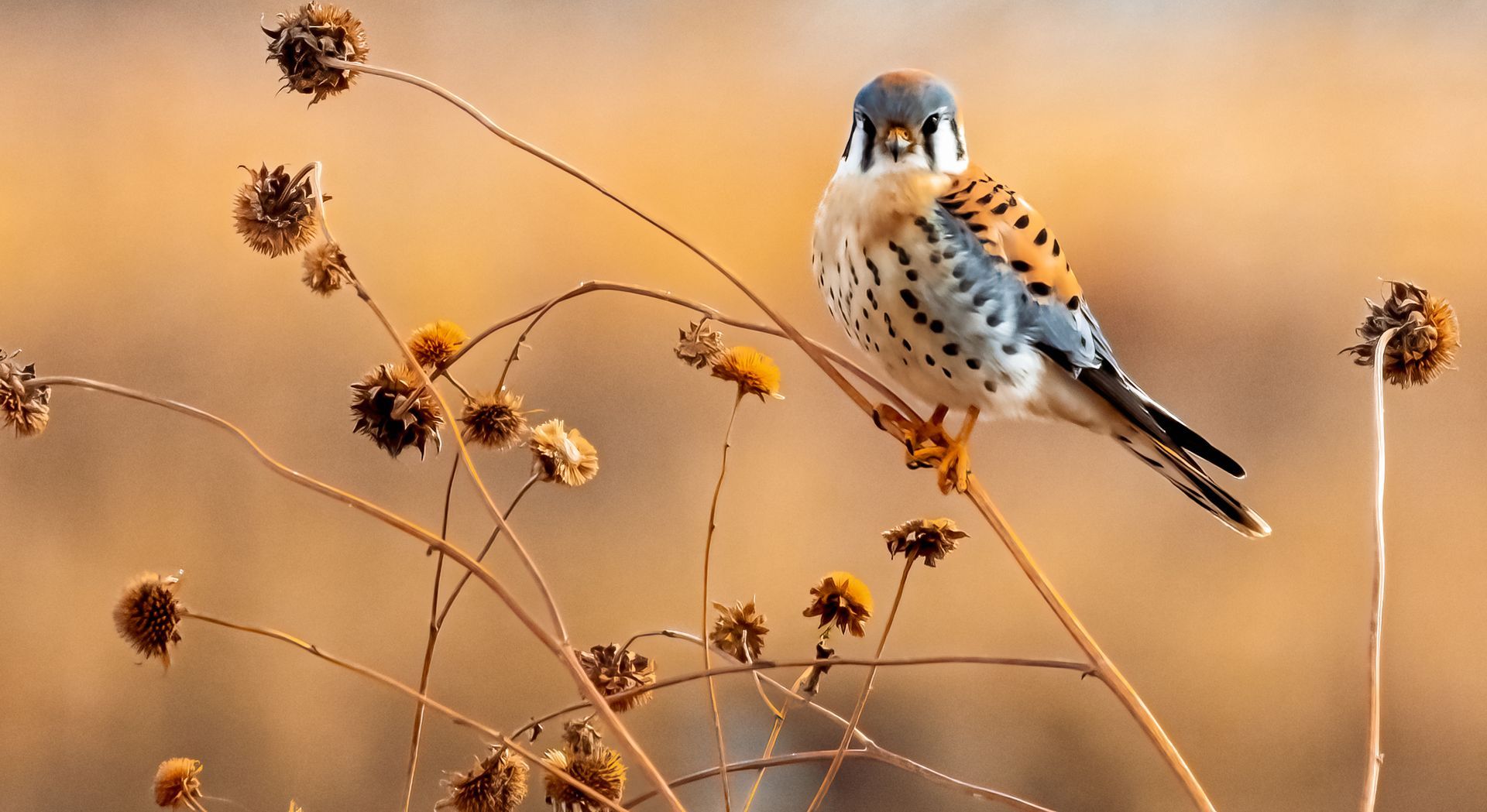Light agenda for the October NRC meeting
Walleye, the collection of reptiles and amphibians, tackle regulations during walleye-spawning season and fish possession limits are on the docket for this month’s Natural Resources Commission (NRC) meeting.
The NRC will meet virtually on Thursday to consider a limited agenda . The Michigan Department of Natural Resources (DNR) will host the meeting, and a recording can be viewed on this online platform .
Michigan United Conservation Clubs’ policy resolutions cover a wide array of species and regulations, said MUCC Executive Director Amy Trotter.
“The regulation changes that are on the table are intended to assist the DNR in meeting management goals and protect vulnerable species,” Trotter said. “MUCC staff members continue to work diligently to advocate on behalf of member-passed resolutions and ensure that hunters and anglers are well represented in this process.”
NRC members will be briefed by DNR staff on proposed regulation changes, as well as emerging issues for the department. Members of the NRC are slated to hear from DNR Fisheries Chief Jim Dexter on relevant regulation issues and from DNR Wildlife Division staff regarding white-nose syndrome in Michigan bats and the preliminary results of the early elk season.
New Business
While the NRC will not have any new business this month, the DNR Director is slated to rule on an order regulating antlerless deer licenses for disease management purposes , as well as four land transactions.
Land transactions this month include two sales, one receipt of a gift to the state and one release of reverter in Schoolcraft, Iron, Wayne and Chippewa counties, respectively. More details on these transactions may be found on the meeting agenda .
Old Business
Commissioners will first consider action on an order which would protect two species of salamander and one species of frog from collection. These species are thought to have limited populations in the state, although very little is known about them. DNR staff is recommending these additional protections for these species until more is known about their population dynamics and habitat needs.
NRC members will then consider an order which is intended to protect spawning walleye in the Saginaw Bay watershed. This rule would change the existing tackle regulations to allow anglers to take advantage of fish species that are in season, while simultaneously protecting spawning walleye.
Members of the NRC will rule on a regulation to clarify language surrounding possession limits for certain fish. This specific order deals with certain definitions regarding fish caught using illegal methods, notably snagging.
Lastly, the DNR Director will consider an administrative rule regarding state-licensed commercial fishers . Last month, Eichinger decided to delay action on this order pending commercial fishing regulation reform legislation . Traditionally, this order has been used to address issues impacting management of the state-licensed commercial fishery.
In November, it is likely that the NRC will take up another round of deer hunting regulations that will impact the 2021 hunting season. MUCC stands ready to represent our members and grassroots policy resolutions throughout this process.
Since 1937, MUCC has united citizens to conserve, protect and enhance Michigan’s natural resources and outdoor heritage – and we do so from Lansing to Washington D.C. Please join us today: http://bit.ly/JoinMUCC
The post Light agenda for the October NRC meeting appeared first on Michigan United Conservation Clubs.



